 Buying a home involves a variety of nuances and strange-sounding terms, and one of the least understood aspects of the home buying process is the escrow account. Essentially, an escrow account is a third party bank account your lender can require you to pay into in order to cover certain costs related to your home. Your lender uses an escrow account to ensure that property taxes and home insurance fees get paid on time.
Buying a home involves a variety of nuances and strange-sounding terms, and one of the least understood aspects of the home buying process is the escrow account. Essentially, an escrow account is a third party bank account your lender can require you to pay into in order to cover certain costs related to your home. Your lender uses an escrow account to ensure that property taxes and home insurance fees get paid on time.
But how exactly do escrow accounts work? Here’s what you need to know.
Escrow Accounts Are Mandatory With Certain Mortgages
Not all home buyers are required to have an escrow account. In cases where the buyer pays 20 percent of the purchase price down, lenders will typically waive the escrow, as the buyer has proven liquid assets that can be used to pay property-related fees. But depending on your type of mortgage, you might be required to have an escrow account.
If you bought your home with an FHA loan, you must have an escrow account. Similarly, if your down payment is less than 20 percent, you’ll most likely be required to have an escrow account.
You Can Choose To Pay A Lump Sum Or A Monthly Fee
As your lender uses your escrow account to pay property fees, you’ll need to ensure the account has the available funds to cover taxes and insurance. Typically, your lender will provide you with a set of payment options to keep the account topped up. You may be able to choose whether to pay your escrow fees in an annual lump sum or in 12 equal payments throughout the year, however paying monthly is the most common scenario.
Escrow Payments Can Change Over Time
When your escrow payments begin, you’ll be given a payment schedule with a set payment amount. But just because you start paying $150 per month into the account, that doesn’t mean your monthly payment will stay at $150 per month. If your insurance rates or taxes increase, you’ll need to make larger escrow payments to cover the difference in cost.
Cancelling An Escrow Account May Not Be Easy
An escrow account is a fairly permanent mortgage fixture – once it’s established, there are very few ways to get rid of it. Some escrow agreements do allow you to request a cancellation, but they’ll require you to have a set amount of equity in your home, or pay a cancellation fee, or both. Refinancing will close an escrow account, but you’ll need a 20 percent down payment equity position when doing the refinance to avoid opening a second account.
Setting up an escrow account is a great way to automate your bills and ensure your mortgage is paid on time. Call your local mortgage specialist to learn more.


